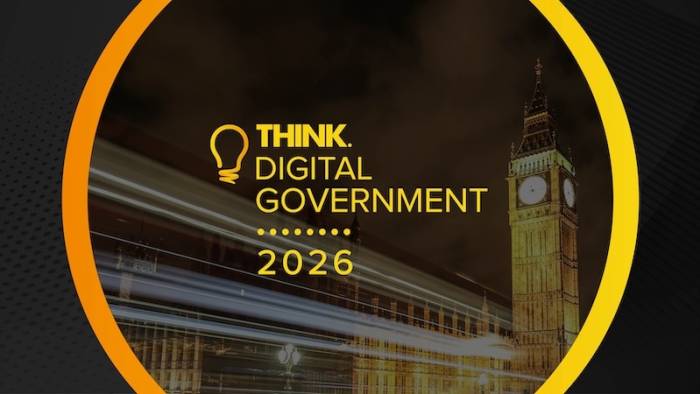Local authorities are the lifeblood of our communities. They are key to understanding and address the diverse needs of our society by delivering essential services.
The relentless challenges brought on by the pandemic have pushed some UK councils to the brink. Just recently, Birmingham City Council’s declaration of bankruptcy through a section 114 notice underscored the urgency for a profound transformation in the financial landscape and operational structure of councils.

This isn’t a new problem. Councils have been having a tough time financially for a long time. Partly because they’ve been dealing with tightening budgets, historic lack of investment and increasing demand for local services. To make sure we don’t see more councils going bankrupt, we need to help and support them to better plan for the future. They need help in getting upstream and tackling these problems now. Acting now will prevent more councils reaching crisis point, which is when local services for local people are severely impacted. This is where support is needed to create an environment where councils can change how they deliver services to their local communities.
Using insight to inform the future
A shift towards longer-term business planning and funding models is necessary to meet current and future community needs. Local authorities possess extensive datasets on services accumulated over several years. Effective analysis of this data can inform decisions for targeted funding where it’s most needed so they make the right decisions and where they should stop delivery activity. This means a shift away from short-term planning approaches. Annual budgets and targets often rely on historical data, potentially neglecting future needs and circumstances. Additionally, frequent changes in leadership, weak governance and policy changes due to the election cycle can disrupt continuity.
Think user-first
Local authorities often grapple with expensive and cumbersome legacy systems. Investments in large, overly customised digital solutions have tied them into costly contracts and rigid technology paths.
If you liked this content…
A shift away from the belief that one-size-fits-all technology systems are the ultimate solution is essential. Prioritising a user-first, digitally-oriented approach enables authorities to better understand their technology needs and make informed procurement decisions. Incorporating tools like low-code platforms and artificial intelligence will enhance existing digital solutions, making them more innovative and cost-effective.
If local authorities are going to achieve this, they need to have the resources and incentives in place to attract and retain staff. Investment in securing digitally minded people who can lead on projects and upskill existing workforces will deliver efficiencies.
Foster collaboration
Most local authorities face similar hurdles. They should continue to leverage community platforms like the Department of Levelling-up, Housing and Communities’ Local Digital to share and learn from ideas and successes. These groups provide local authorities with a space for sharing and discussing successes, lessons, and ideas to do things differently, which can then be adapted and implemented at scale in their organisations.
The pressure on our local authorities won’t disappear anytime soon. They provide essential services to our communities and are the backbone of our society. By assisting them in long-term planning, adopting user-centric approaches, and promoting collaborative spaces, we can help local authorities not only survive but thrive in creating a stronger nation.











